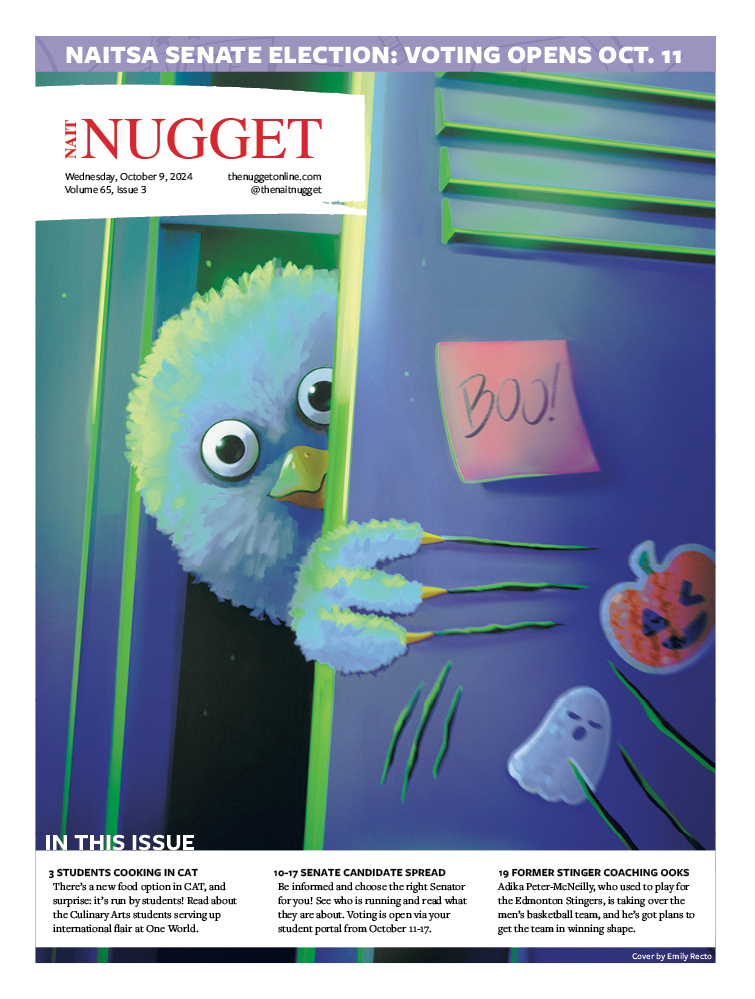As a student, I find that stress is a common companion on the journey toward academic success, and ironically, I have also realized that not all stress is bad. This semester was a hectic one for me. In some ways, the stress I faced motivated me to work harder at getting better grades. But there were times I also felt like pulling my hair out. I was close to burning out, and all I wanted was a long break from studying. but with the back-to-back deadlines on assignments, time wasn’t a luxury for me. However, some time away from my books and engaging in other extra-curricular activities helped me cope.
According to some experts, stress can positively affect a student’s life. The key is to view stress as a natural part of the learning process, one that helps develop resilience and coping skills. Focusing on the negative outcomes of stress will only lead to more stress. And in fact, learning to manage your stress can help develop skills that will serve you in your future careers and personal lives. New insights to stress shows that instead of stressing less, try stressing better.
Good stress, known as “eustress,” occurs when students are excited and motivated about a task or challenge, like going on a first date, watching scary movies, competing in a game or even before a big exam or a challenging project. This type of good stress can help students to stay focused, work harder, and perform better because they are motivated to prepare more thoroughly and excel. I recently experienced eustress when preparing for presentations in some of my courses this semester. I was excited and positively nervous about them but motivated to improve with every presentation.
Distress is bad stress that could affect a student’s physical and mental health. This type of stress occurs when a student is overwhelmed and unable to cope. It can have serious consequences, including anxiety, depression, insomnia and physical symptoms like headaches and stomach aches. Various factors, including academic pressure, social isolation, financial difficulties and personal problems can cause distress. In extreme cases, distress can lead to burnout, a state of emotional, physical and mental exhaustion that can take months or even years to recover.
One thing I like to do when I’m distressed is to step away from the source of the stress and engage in other things – play games, go for walks, enjoy nature’s scenery or hang out with friends. When I feel relaxed enough, I get back to work with a clearer mind. Some other strategies for managing stress include exercise, meditation, time management and seeking support from friends, family or mental health professionals.
According to Stanford Psychologist Kelly McGonigal, seeing the upside of stress can help you cultivate a mental balance so you don’t feel overloaded or suffocated over stress. Some experts argue that stress is necessary to motivate students and help them perform their best. Others believe that stress should be avoided as much as possible, as the negative effects outweigh any potential benefits.
But in the end, stress is an inevitable part of student life, and while some stress can be positive, excessive stress can have negative consequences. Ultimately, finding a balance that works for you is the key to managing stress as a student.






